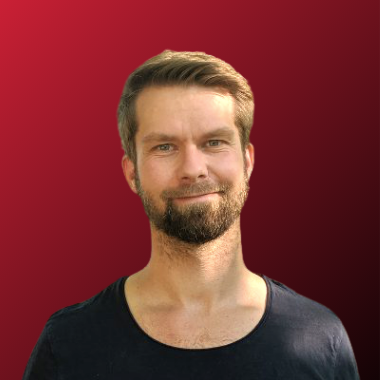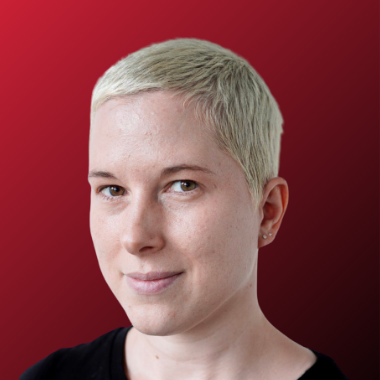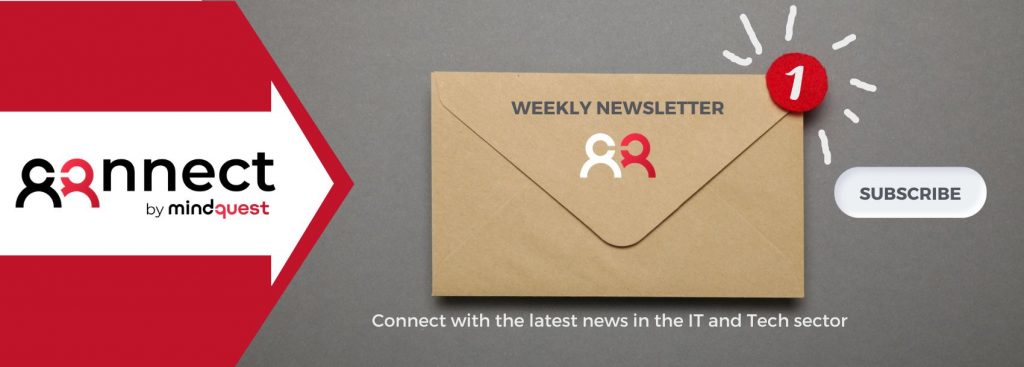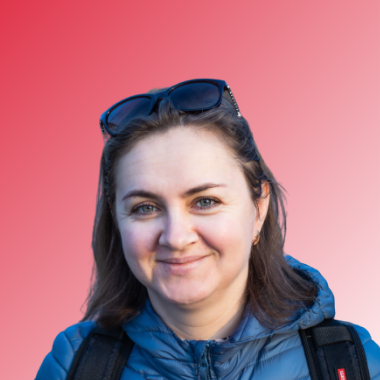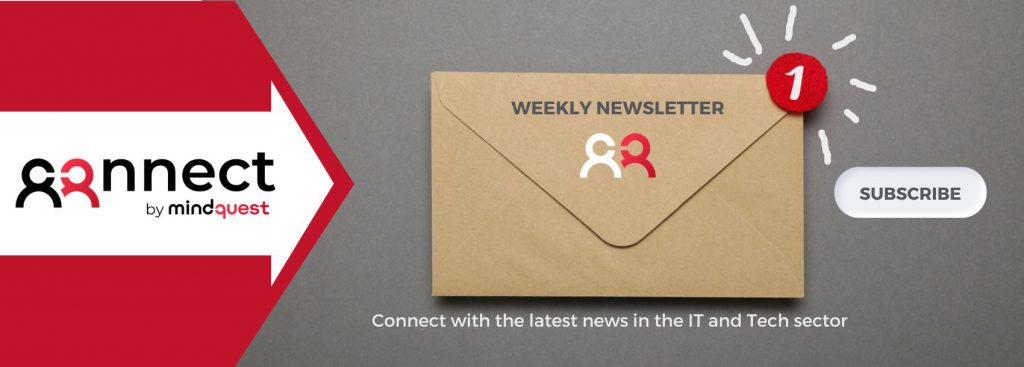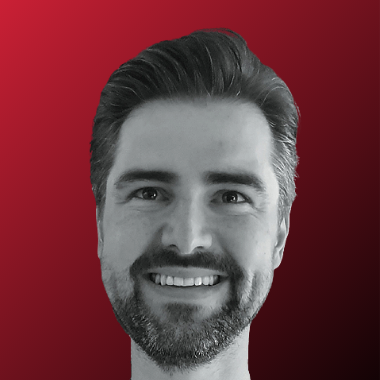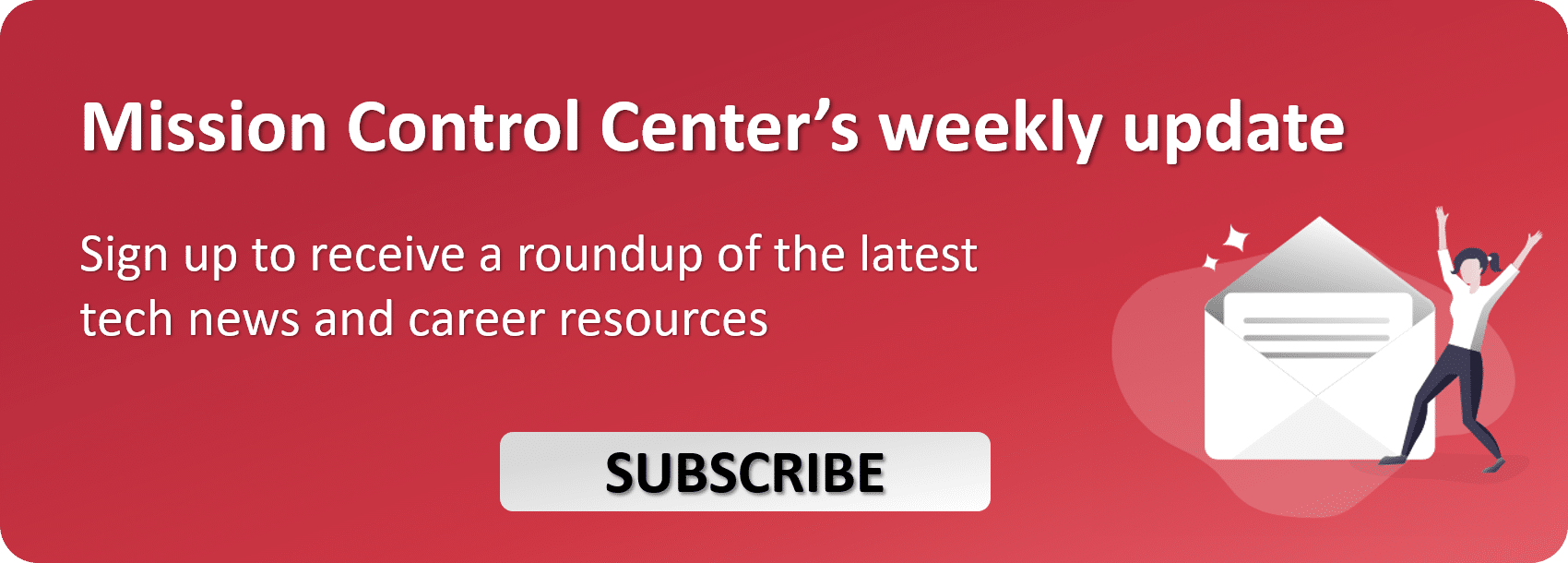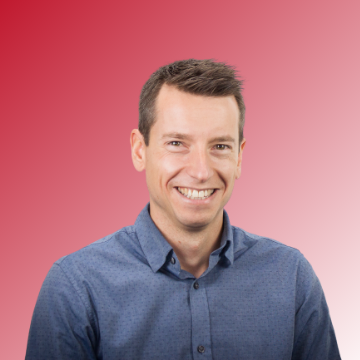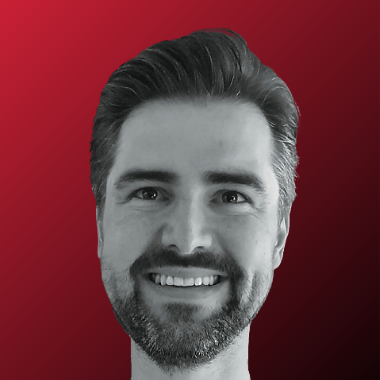What makes a successful web dev? We interview Berlin-based front-end expert Stefan Judis. Stefan works for the content management platform Contentful leading developer relations. Whether it is by tweeting, writing, or streaming, he loves sharing his web development expertise with the broader community. He also helps maintain Tiny helpers and Random MDN.
Let’s start from the beginning. How did you get started in technology?
I started working in a completely different field after school. I was working as a sound engineer, and I worked in German television. So, what I did for a couple of years was mixing stuff mainly for sports TV shows. But then I figured out that I didn’t want to do that my whole life, that that wasn’t going to fly going forward. So, I thought, well, you’ve been always good with computers.
Then I started studying here in Berlin, where I learned to program stuff. So, it all began with a little bit of C++ and Java and these kinds of things that you learn at university. Berlin is a very start-up-heavy city, so I landed an internship working with Magento and PHP – not real front-end stuff like we do these days; that was not really a thing yet back then. But yeah, I took my first internship and from then I just jump from company to company and learned that I love the web and love writing and creating content around web technologies.
What made you fall in love with web development?
I’ve always liked the visual aspect of it. When I started, I was really into the Magento stack and I thought it was kind of cool, but I always liked the whole visual animation part of doing web development. And when I started, it was still the early days. Then, you know, slide up, slide down, fade in, fade out, all of these tiny functions. But II found these incredibly appealing. And then slowly but surely, front-end development became a real thing. Then more complexity got into that, and I was completely hooked by all this new technology that was coming out. Then I found out that building for the web is fun. And since then, I tried to build the best stuff possible.
Join our community and find your next job in IT
What was the hardest part of your transition into tech?
Well, especially in web development, learning is difficult. I have been doing web dev for 10 years, and when I started, I was incredibly impressed with what people were doing there. So, I remember I was sitting next to a colleague, and they opened their terminal, and they were doing some fancy stuff in this black window and I was like, “holy moly this is a completely different world.”
I think it was rather challenging to figure out what exactly I had to know. What should I know how to do? But also building a career around that. I think it’s also important to figure out what you actually like.
So, even though now I say that I specialise in front-end technologies, that took me quite a while. Then, I would say that it took me two or three years to figure it out and get a clearer picture of what is actually out there. And it’s only getting worse, especially in the front-end sphere, because there’s just so much technology out there. A lot of people keep asking me: “Hey Stefan, what should I learn?” And I’m like, “well, good luck figuring that one out.” So, I think that is definitely a challenge that we have at the individual level, but also at the industry level, because there’s just so much stuff happening these days.
Given how many open fronts there are these days, what would you recommend to those who don’t know what to focus on?
For people who are just entering the industry: do whatever is fun and useful, really, because there’s so much stuff to learn and it feels very, very overwhelming. Build your website, get it off the ground and do whatever is fun and useful. But what I usually recommend to people is: don’t forget to be curious about the technology when doing so.
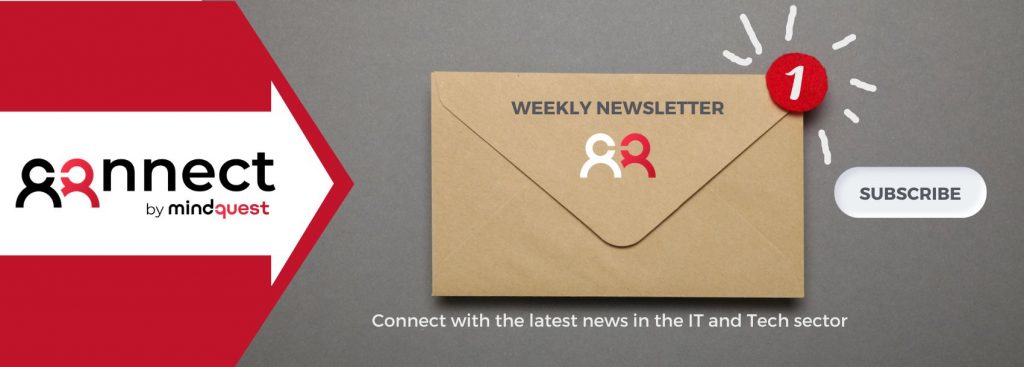
What we see right now is that there are a lot of people just learning a framework when they enter the industry. And, while that is great to get a product off the ground, I think it’s very important to understand what is actually going on. I’m a big fan of the pillars of the web, HTML, CSS and JavaScript, and I think it’s still important to have a very good fundamental knowledge of these technologies. And these are huge areas by themselves. You cannot be an expert in all three areas, especially when you have frameworks on top and that and maybe something on top of the frameworks. But I think curiosity and having this drive to say: “Ok, I’m using that. But how does it actually work?” — I think that’s very important to become a good web developer.
In your experience, what separates a good web dev from a great one? Is it soft skills, or is it more about hard skills? What make a successful web dev?
I think there are two areas. Soft skills are usually a very underrated thing when we speak about software developers. Being a team player in general, I think this is definitely a crucial part of a solid career. Being humble, being helpful, all the kinds of things that make you a good team player. That’s something, for example, that probably should have been taught at university when I studied. Good or great teams or developers really depend on soft skills. And I would love to have the industry focus a little bit more around that.
And speaking from the technology side of things, I think a great web developer is someone who always puts the user first. What happens in web development right now is that we have a lot of technology fatigue. We’re using the latest and greatest just because it is the latest and greatest or just because everybody is doing it. So, what I see very often are overengineered sites and products where something simpler would have done the job.
There’s nothing wrong with building something with the latest and greatest when you’re playing around and you’re building your own blog. But when you’re building a commercial product, I think it’s very important to take a step back and think: “Hey, did that make the whole thing slower, or is it now more inaccessible or is it less robust just because we wanted to use the latest and greatest technology?” I think great developers keep the bigger picture in mind and think about the user to build the best possible product. Because at the end of the day, that’s what we’re paid for. We’re not paid for playing with tech. We are paid for building something great.
What would you say are the top three soft skills a successful web dev should have?
I would say it’s the usual things, from being helpful to being humble. Putting yourself into the shoes of your colleagues and customers, I think that is a very underrated skill. Very often it always feels like everything is on fire and everybody wants something. But very often, and I’m guilty of that myself, it’s necessary to take a deep breath and think about where the other person is coming from. I think this is very valuable when it comes to building a career or working together in teams.
One piece of advice that I received a few years ago and that I now keep close to my heart is that when you’re working it can get quite stressful, always under pressure. And very often, what happened to me is that I had this kind of “anti-” mode. I was like, “everything is too much.” And I just ranted a lot to other people. And I once ranted in a situation where the person was in front of me. They went like: “Stefan, I feel you, I empathise with you, but what’s the solution?” And I didn’t have one. I just wanted to rant.
Since then, when I really had the feeling that something had to change or something was really going on with my nerves. Try to think about the solution first and then propose that to colleagues, your bosses, your mates or whoever is around you, because very often ranting doesn’t solve the problem. And it’s very easy to rant instead of changing something. And that’s something that I learned and that I have kept with me for a couple of years now. And it’s definitely helpful.
Check out more of our interviews from our podcast episodes.
Follow Stefan through his blog, Twitter, GitHub, and LinkedIn.
